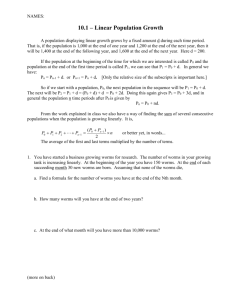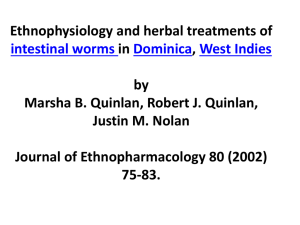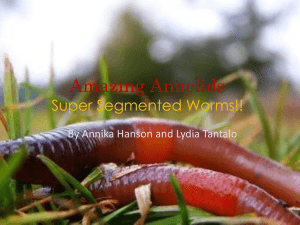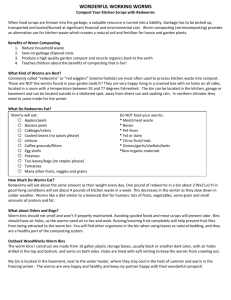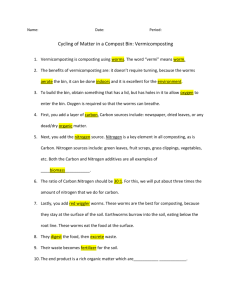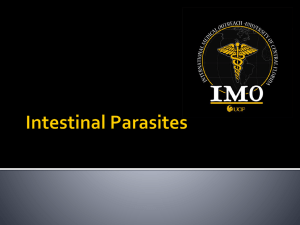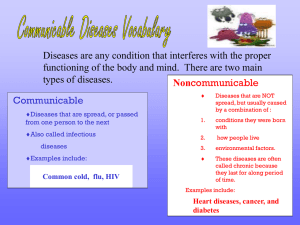Chickens - Robson Vets Ltd
advertisement
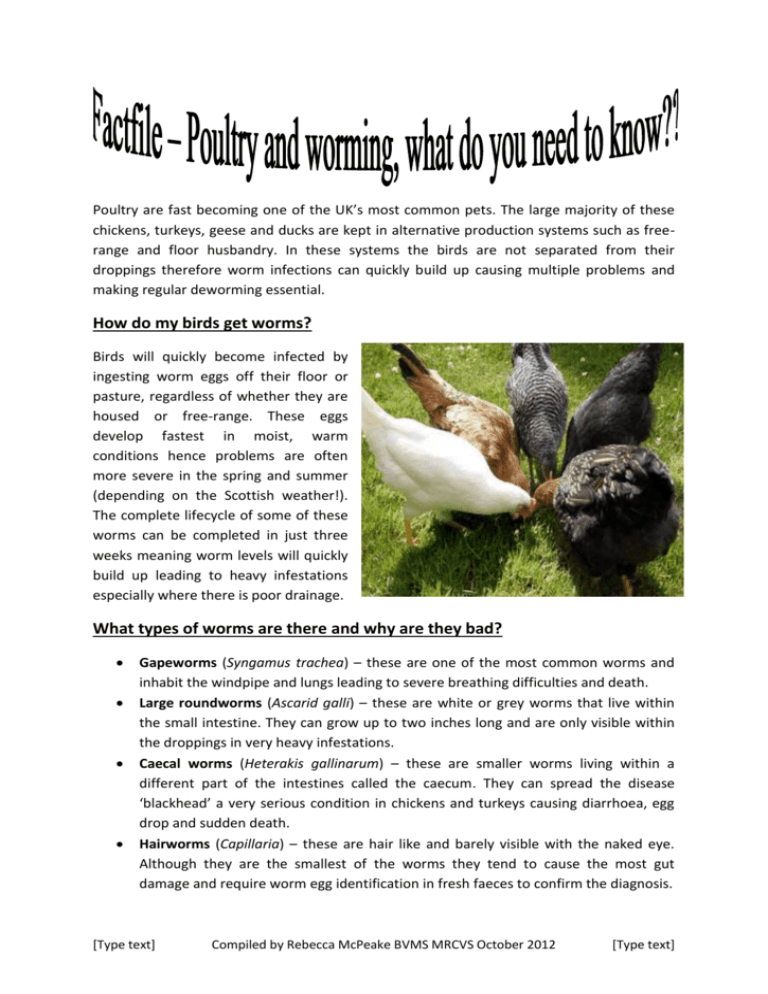
Poultry are fast becoming one of the UK’s most common pets. The large majority of these chickens, turkeys, geese and ducks are kept in alternative production systems such as freerange and floor husbandry. In these systems the birds are not separated from their droppings therefore worm infections can quickly build up causing multiple problems and making regular deworming essential. How do my birds get worms? Birds will quickly become infected by ingesting worm eggs off their floor or pasture, regardless of whether they are housed or free-range. These eggs develop fastest in moist, warm conditions hence problems are often more severe in the spring and summer (depending on the Scottish weather!). The complete lifecycle of some of these worms can be completed in just three weeks meaning worm levels will quickly build up leading to heavy infestations especially where there is poor drainage. What types of worms are there and why are they bad? Gapeworms (Syngamus trachea) – these are one of the most common worms and inhabit the windpipe and lungs leading to severe breathing difficulties and death. Large roundworms (Ascarid galli) – these are white or grey worms that live within the small intestine. They can grow up to two inches long and are only visible within the droppings in very heavy infestations. Caecal worms (Heterakis gallinarum) – these are smaller worms living within a different part of the intestines called the caecum. They can spread the disease ‘blackhead’ a very serious condition in chickens and turkeys causing diarrhoea, egg drop and sudden death. Hairworms (Capillaria) – these are hair like and barely visible with the naked eye. Although they are the smallest of the worms they tend to cause the most gut damage and require worm egg identification in fresh faeces to confirm the diagnosis. [Type text] Compiled by Rebecca McPeake BVMS MRCVS October 2012 [Type text] Large roundworms damage the chicken’s intestines Adult gapeworm cause problems as they inhabit the windpipe Worms in birds will produce gut damage leading to poor food utilisation and therefore most commonly weight loss and/or poor growth. Eggs in laying birds may also be affected with reduced laying, smaller eggs or a loss of shell colour. Worms can transmit further diseases such as Salmonellosis and other infections can take advantage of the damage caused. Gapeworms will produce breathing problems and all heavy worm burdens can cause death. How do I know if my own birds have worms? Symptoms your own flock may have worms include the following: Higher mortality Marked variation in bird sizes Poor growth Pale heads Reduced laying rates Reduced egg weights Reduced hatchability Adult worms can be identified on post mortem analysis or within worm egg counts. To do this, fresh droppings should be collected and then analysed here by the vets here at Laurencekirk and advice specific to your flock given. What can I do to prevent and control worm infestations? The best method of control is prevention. By acting proactively and not waiting until the worm burden is severe enough to produce clinical signs, weight loss and bird death can be avoided. Think ‘worms in the bird environment’ not just ‘worms within your birds’. 1. Limiting stocking density (reduce the number of birds) on your land and rotate paddocks used where possible. [Type text] Compiled by Rebecca McPeake BVMS MRCVS October 2012 [Type text] 2. Ensure good drainage of land, especially that which is close to the houses – mixing sand within your soil can help this. 3. Remove any heavily contaminated soil around the houses before introducing any new birds. 4. Keep any litter used as dry as possible, paying particular attention to areas around the feeders and drinkers. 5. Good hygiene and prevention of worms brought in on footwear with foot bathes, equipment cleaning etc. 6. Try not to encourage any wild birds as they will all carry worm burdens. Worming Once worms are present within your flock, the environment will be heavily contaminated with worm eggs and these can survive several years in the right conditions. The lifecycle of most poultry worms takes around one month. Worming at a shorter interval than this lifecycle will mean worms are killed prior to becoming mature and releasing more eggs into the environment, thus reducing the environmental contamination. In flocks with severe worm problems we would recommend worming your flock every four weeks. Then once the worm levels are falling, it is possible to gradually increase the periods between worming. Flubenvet is the only licensed treatment for worm infestations in poultry. This is an all round wormer which will kill both the mature and immature worms whilst also killing any eggs present in the guts at the time of worming. Flubenvet is given within the flocks normal feed daily for a seven day period. Unlike other products it has no effect on the feeds palatability or the flocks’ egglaying potential and eggs from chickens can be taken for human consumption during and after treatment. If you have any questions or queries please feel free to contact us with your chicken questions here at Laurencekirk. [Type text] Compiled by Rebecca McPeake BVMS MRCVS October 2012 [Type text]

